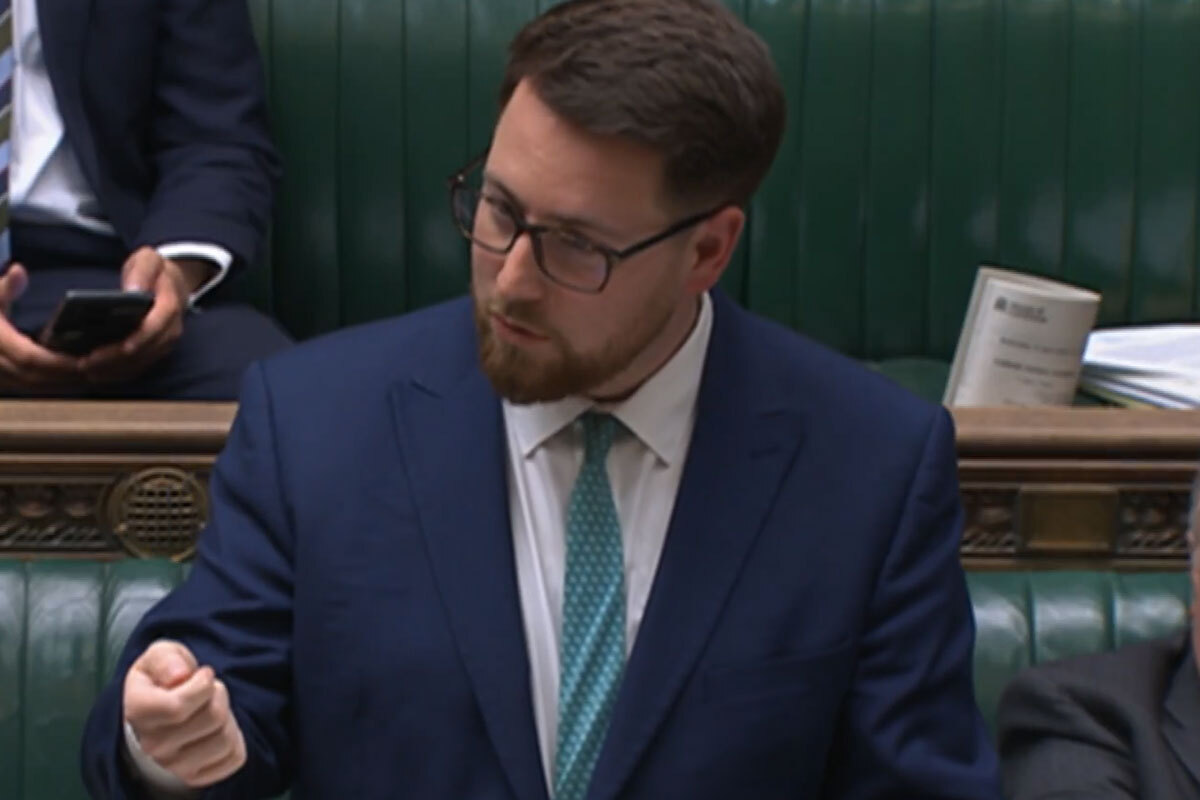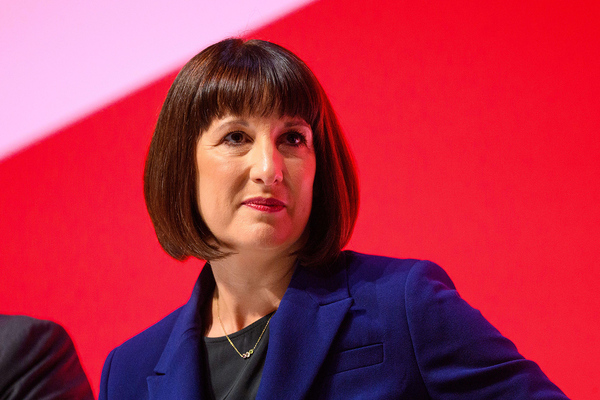You are viewing 1 of your 1 free articles
MPs back Renters (Reform) Bill as housing charities withdraw support
MPs asked why “all of the key housing charities” have withdrawn their support for the Renters (Reform) Bill as the legislation passed its third and final reading in the House of Commons.

A debate on the bill took place on Wednesday 23 April, including new amendments from the government that would postpone the end of no-fault evictions until a review of the courts system took place.
The bill, including the government amendments, was backed by a majority of MPs after 6.30pm and will now enter the House of Lords.
It came after the Renters’ Reform Coalition, a campaign group including homelessness charity Shelter and the Joseph Rowntree Foundation, withdrew its support for the bill.
Levelling up minister Jacob Young said the bill “will create a fairer private rented sector for both landlords and tenants”.
He said that ending no-fault evictions straight away would “cause chaos in the sector”, adding: “It is far better for tenants and landlords alike if we make sure this change happens in an orderly way.”
Labour MP Karen Buck challenged the minister: “If everything is so wonderful, why is it that all of the key housing charities and organisations in the field have withdrawn their support for the government?”
Mr Young replied: “I accept their disappointment in some of the measures that we’re bringing forward today, but they’ve also endorsed some of the amendments.”
Labour MP Clive Betts pointed out that the government had five years to get the courts ready since its 2019 manifesto to end no-fault evictions.
Shadow housing minister Matthew Pennycook said the bill contained “numerous defects, deficiencies, omissions and loopholes” that would allow disreputable landlords to exploit tenants. However, he said, it was “essential” that it continued its passage through parliament.
He said that the government had previously described the bill as having “precisely the right balance” between landlords and tenants, yet now “more amendments are essential to ensure that balance is kept”.
“Not only do we still have no idea when the new tenancy system will come into force,” he said, people also remain in the dark on what court reforms ministers require before no-fault evictions will end.
Conservative MP Natalie Elphicke said that waiting for court reform was a “delaying tactic”, adding that she was unable to support the bill.
Liberal Democrat MP Munira Wilson said the government had been “dragged kicking and screaming at every turn” in progressing the bill, while rising homelessness has resulted in pressure on councils.
Green MP Caroline Lucas said that the government’s amendments “make a mockery of ministerial claims of improving security of tenure”.
The government amendment to force renters to stay in contracts for at least six months passed with 283 ‘ayes’ and 143 ‘nos’. Campaigners had labelled the clause a ‘tenant trap’ that they claimed risked leaving victims of domestic violence trapped with their abusers for six months.
Following the debate in parliament, the Renters’ Reform Coalition said: “England’s 12 million renters have been let down today.
“Unless this bill is seriously amended in the House of Lords to reflect the problems facing the renters it promised to help, it will fail. We’ll do everything we can to stop this from happening.”
However, the Department for Levelling Up, Housing and Communities (DLUHC) also put out a statement defending its position, as it described the bill as proposing “the biggest changes to the rental sector in 30 years”.
DLUHC maintains that the bill will:
- Stop landlords having blanket bans on renting to those with children or who are on benefits
- Apply and enforce the Decent Homes Standard to the private rented sector for the first time, so that everyone has a safe and decent home
- For the first time give tenants a legal right to ask to have their much-loved pets in their home
- Give landlords strengthened grounds for possession if a tenant is in rent arrears or they want to sell their property – we are investing in the county courts so that landlords can benefit from a modern, efficient possession system
- Mean that landlords are able to act more quickly to evict tenants who make others’ lives miserable through anti-social behaviour
- Help resolve disputes between landlords and tenants more quickly, with a new Private Rented Sector Landlord Ombudsman
A DLUHC spokesperson added: “Our commitment to scrap Section 21 no-fault evictions as soon as possible is unchanged.
“We have always said we will give six months’ notice before ending Section 21 for all new tenancies. In addition, we have committed to ensuring improvements in the courts service are rapidly implemented before extending this abolition to all existing tenancies.”
Sign up for our daily newsletter
Already have an account? Click here to manage your newsletters











